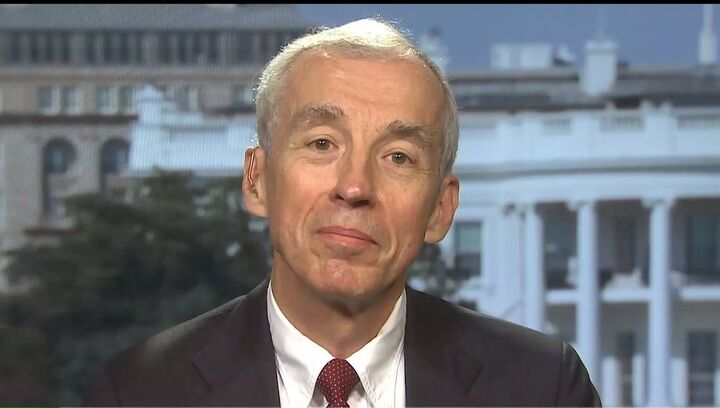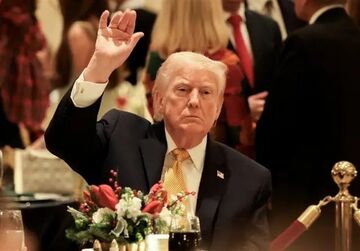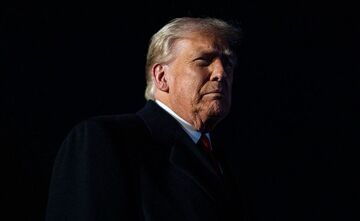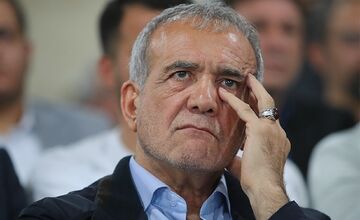TEHRAN (Bazaar) – Professor Paul Pillar, who was CIA intelligence analyst for 28 years, says “There certainly are differences in the economic interests of the various European countries, and even more so between the Europeans and the United States.”
He adds that “But the revulsion over the Russian aggression has so far stimulated a significant degree of western unity.”
“Import of Russian energy, especially natural gas, by European nations is the biggest problem the West confronts in trying to punish Russia for the aggression,” Pillar told Bazaar news agency.
Following is the text of the interview:
Bazaar: What are the economic consequences of the Ukraine crisis for Russia and Europe? Will Europe not face the problem of energy imports?
Pillar: Import of Russian energy, especially natural gas, by European nations is the biggest problem the West confronts in trying to punish Russia for the aggression. So far, the Nord stream 2 project evidently is suspended, but agreed-upon sanctions have not gone to the point of a major cutoff of Russian energy exports. That would be quite painful to Russia but also to Europe.
Bazaar: Following the Russian invasion of Ukraine, the United States announced the possibility of Russia cutting ties with Swift. What effect will the severance of Russia from Swift have on Russia's foreign trade and to what extent will it affect its economy?
Pillar: The U.S. evidently discussed this with European governments but did not win agreement to suspend Russia from the SWIFT payments system. This would be another sanction that would simply hurt European interests too much, especially by precluding payments that would be owed by Russia interests to European banks.
Bazaar: Europe imports energy from Russia. Russia's disconnection with Swift will make it difficult for European countries to import fuel from Russia. In such a case, is it possible that the United States will not impose sanctions on European energy imports from Russia?
Pillar: It is the European interests that matter most as far as energy imports from Russia are concerned. Until and unless the Europeans decide to accept more pain for themselves in the interest of punishing the Russians, there is not much the United States can do--short of imposing secondary sanctions on the Europeans, which would have very damaging effects on western solidarity.
Bazaar: Russia has established the System for transfer of financial messages (SPFS), a Swift-independent financial system since 2015. There are about 20 Russian banks operating in the SPFS, and it seems that the presence of foreign banks in it is also needed at the moment. Can this system smooth Russia's foreign trade?
Pillar: There seems little prospect of enough foreign banks to sign up for such an arrangement for it to become anything like a substitute for SWIFT for Russia, if Russia were to be suspended in the future from SWIFT.
Bazaar: Germany has good economic relations with Russia and opposes extensive sanctions against Russia. Does Europe have a consensus on sanctions against Russia?
Pillar: There certainly are differences in the economic interests of the various European countries, and even more so between the Europeans and the United States. But the revulsion over the Russian aggression has so far stimulated a significant degree of western unity.
















نظر شما